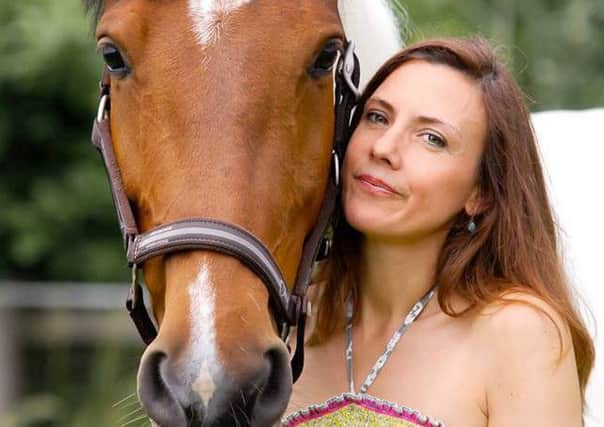Isle horse owners warned about seed poisoning


And after news of the increase in the muscle disease, contracted by animals after eating sycamore seeds, was revealed, the British Veterinary Association (BVA) and British Equine Veterinary Association (BEVA) are warning horse owners to take extra precautions as autumn winds bring down seeds into pastures.
Sycamore seeds are toxic and can cause Seasonal Pasture Myopathy (SPM), previously known as Atypical Myopathy (AM), a fatal muscle disease in horses that, until recently, was of unknown origin.
Advertisement
Hide AdAdvertisement
Hide AdYet recent research (2013-14) showed SPM to be caused by the toxin hypoglycin A, contained in tree seeds including that of the sycamore.
BVA President Sean Wensley said: “SPM is a disease that is extremely distressing for both the animal and the owner of the horse affected.
“BVA is working closely with our colleagues in BEVA, who deal with the aftermath of sycamore poisoning in horses all too often throughout the autumn, to ensure we get timely advice to owners to prevent their animals suffering in this way.”
Horse owner Anita Marsh, of Owston Ferry, a regular columnist about horses in the Bells, expressed her concern: “This is such a worry for horse owners as I don’t think the dangers have truly been understood until recently.
Advertisement
Hide AdAdvertisement
Hide Ad“We don’t have any bordering our fields but I urge all horse owners to check their paddocks and the boundaries close by.”
BEVA President Mark Bowen said: “In the last two years our understanding of this awful condition in horses has increased considerably.
“We now know that sycamore seeds contains the highly toxic agents that cause SPM and this means there are practical things that we can advise owners to do that minimise the risk to their animals.”
He added: “BEVA members know from experience the suffering that horses with SPM endure and the anguish this causes owners.
Advertisement
Hide AdAdvertisement
Hide Ad“We urge owners to act on the advice that BEVA and BVA have issued.”
Horses that develop SPM are usually kept in sparse pastures with an accumulation of dead leaves, dead wood and trees in or around the pasture and are often not fed any supplementary hay or feed.
While the seeds may not be directly palatable, horses grazing on poor quality pasture may ingest considerable numbers of them.